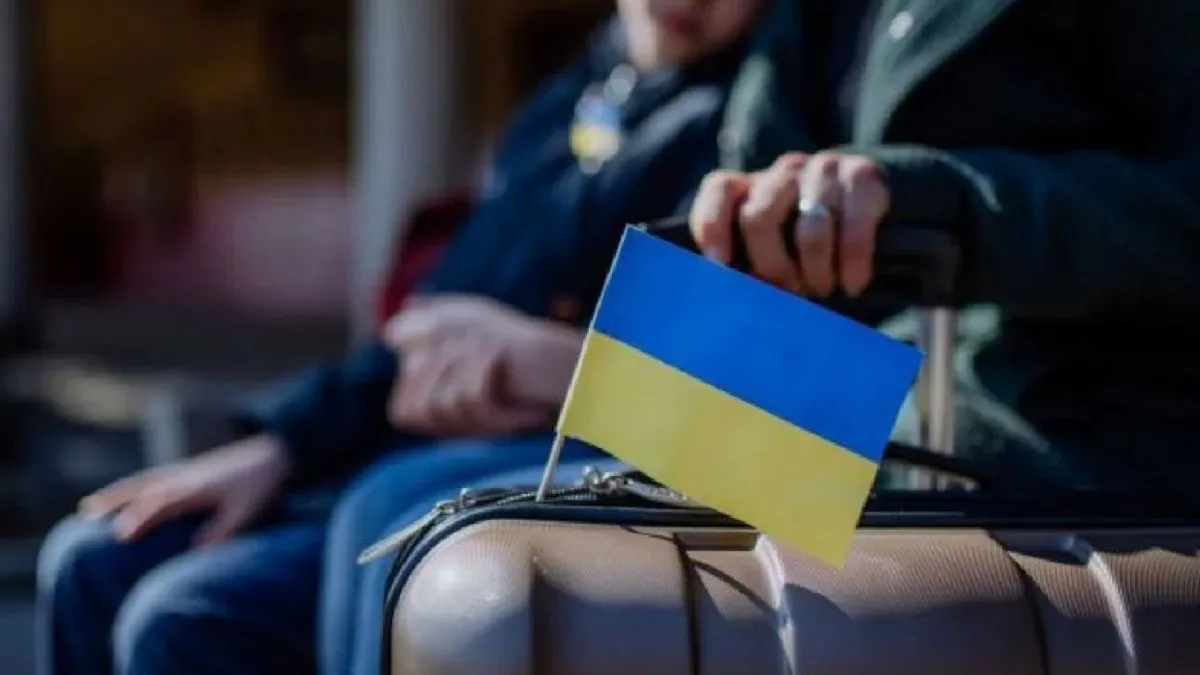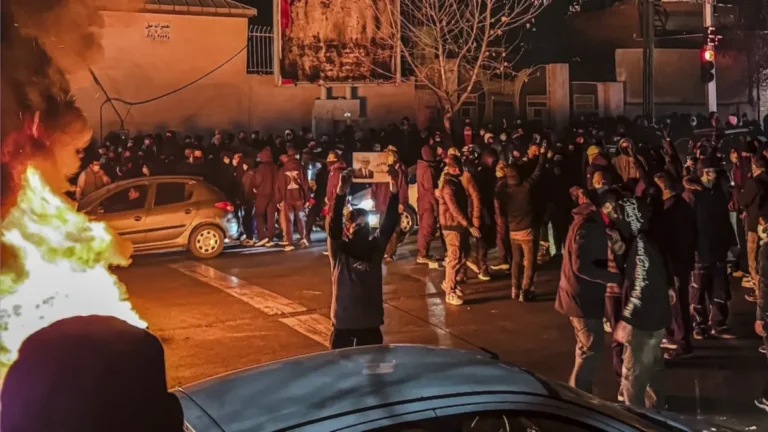
Poland’s new policy for Ukrainian refugees: who will keep state support and what will change from November 2025
Starting in November, Poland is entering a new phase of its policy towards Ukrainian refugees. The government’s decision to restrict access to collective accommodation centers has become one of the most significant changes for hundreds of thousands of Ukrainians who were forced to flee because of the war. Now, state support is focused exclusively on the most vulnerable pensioners, pregnant women, and people with disabilities.
Why These Changes Have Been Introduced
Since the first days of Russia’s full-scale invasion, Poland accepted a record number of Ukrainians and became a second home for many. However, as the war enters its third year, the country is compelled to revise its approach to assistance. At the Council of Ministers meeting on July 16, a draft law was approved that provides for the closure of most collective accommodation centers starting November 1, 2025, for all except representatives of protected groups. Government spokesman Adam Szłapka stated that state support must now change in accordance with the country’s needs and capabilities.
The Ministry of Internal Affairs and Administration of Poland emphasizes that this is the moment when the state can focus its resources on supporting only the most vulnerable. According to official data, more than half of the current residents of such centers already partially or fully pay for their own accommodation and meals.
How the System Works Now and What Will Change
Poland’s assistance system is currently built in such a way that every newly arrived Ukrainian is entitled to free accommodation in a center for the first 120 days. After that, the state gradually moves the person to a co-payment model. Now, the rules are changing across most regions, only those truly in need of outside support will remain: elderly people, pregnant women, and those with disabilities. Everyone else must seek housing independently or join alternative programs.
For over 6,000 Ukrainians who do not fall into the protected categories, the Polish government is launching the “Razem do niezależności” (“Together Towards Independence”) program. This initiative provides subsidies for apartment rentals and organizes Polish language courses. Funding for the program is provided by the European Union.
Why Poland Is Changing Its Approach
There are several reasons. First, the pressure on social and humanitarian services has increased significantly, and prolonged support for hundreds of thousands of people requires ever-growing resources. Second, the majority of refugees have, to some extent, already integrated into society, found jobs, or have some form of income. Third, the Polish government believes it is necessary to move from emergency support to an integration strategy where people can become independent and participate in the economic life of the country.
These officially approved changes have been published on government websites, in particular, in the decision of the Council of Ministers from July 16, 2025 (source: gov.pl). Confirmation of this decision is also available from leading Ukrainian and Polish media, such as Ukrinform and Gazeta Wyborcza.
Post List
What Refugees and NGOs Are Saying
Many people living in these centers are anxious about the news. For some, this means the loss of their last stable place to live. At the same time, human rights advocates note that support for the most vulnerable should not be limited to formal criteria individual circumstances of each family should be considered.
International organizations such as the UNHCR and the Polish Center for International Aid urge the authorities to ensure the process is transparent and to provide individualized support mechanisms for those left outside the center system.
What’s Happening in Other Countries
Poland is not the only country changing the rules. In the Netherlands, starting in October, the cost of accommodation for Ukrainian refugees will increase significantly: a single person will pay €244 per month instead of €105, and a family with two children up to €488. If a refugee lives in a facility that provides meals, expenses may reach nearly €933 per month. Officials explain this measure as necessary to align conditions for all migrants and to reduce the burden on the budget.
In Switzerland, authorities are beginning to more thoroughly check which region of Ukraine a refugee comes from. The state wants to divide regions into “safe” and “unsafe” and grant protection only to those who have actually fled combat zones. If a person with refugee status spends more than 15 days within six months in Ukraine, they may lose their status. The new rules have not yet come into force, but the government is consulting with the EU and cantons about the specific mechanism.
What These Changes Mean for Ukrainians
For some Ukrainian families in Poland, these changes mean they will have to quickly adapt to new realities find housing, arrange schooling for their children, apply for assistance, or find work. On one hand, the state is moving towards European integration and a fairer distribution of resources; on the other, it reduces social protection for thousands who have not yet recovered after losing their homes.
The quality of assistance does not always increase as a result, and the risk of social exclusion remains high. Much will depend on the work of local governments, NGOs, and the ability of the EU to continue supporting humanitarian programs.
Poland is gradually shifting from a model of emergency humanitarian aid to selective support and integration. This aligns with broader European trends but creates new challenges for people who have lost everything due to the war. The main question in the coming months is whether the state and society will be able to avoid leaving behind those who still cannot stand on their own in a new country.















